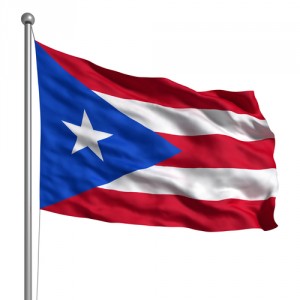Supreme Court decision leaves restructuring of Puerto Rico's debt to Congress

Federal bankruptcy law bars Puerto Rico from restructuring the debt of its insolvent public utilities, the U.S. Supreme Court has ruled in a 5-2 decision.
The ruling leaves Puerto Rico’s fate in the hands of Congress, Bloomberg News and the Wall Street Journal (sub. req.) report. The U.S. House of Representatives passed legislation on Thursday that would create a financial oversight board to manage restructuring of the debt.
Justice Clarence Thomas wrote the majority opinion (PDF). Puerto Rico can’t act, Thomas said, because it is covered by a pre-emption provision of the bankruptcy code. The provision bars states from enabling municipalities to restructure their debts outside the federal bankruptcy process.
Thomas’ opinion noted that Puerto Rico is facing a fiscal crisis caused partly by the $20 billion debt of three government-owned public utilities. The commonwealth’s government-owned bank had provided financing to allow the utilities to continue operating, but the bank now faces a fiscal crisis of its own, Thomas said.
Justice Sonia Sotomayor dissented in an opinion joined by Justice Ruth Bader Ginsburg.
Sotomayor said Puerto Rico should not be barred from restructuring the debt because its utilities and municipalities can’t file for federal bankruptcy under a different provision of the code. The only other municipality barred from filing for federal bankruptcy is Washington, D.C., according to Bloomberg News coverage of the decision.
“Pre-emption cases may seem like abstract discussions of the appropriate balance between state and federal power,” Sotomayor wrote. “But they have real-world consequences. Finding pre-emption here means that a government is left powerless and with no legal process to help its 3.5 million citizens.
“Congress could step in to resolve Puerto Rico’s crisis. But, in the interim, the government and people of Puerto Rico should not have to wait for possible congressional action to avert the consequences of unreliable electricity, transportation, and safe water—consequences that members of the executive and legislature have described as a looming ‘humanitarian crisis.’ ”
Justice Samuel A. Alito Jr. did not participate in the case, Puerto Rico v. Franklin California Tax-Free Trust.



